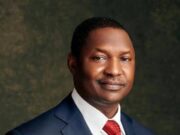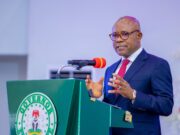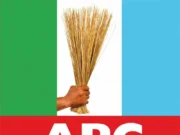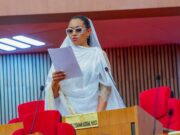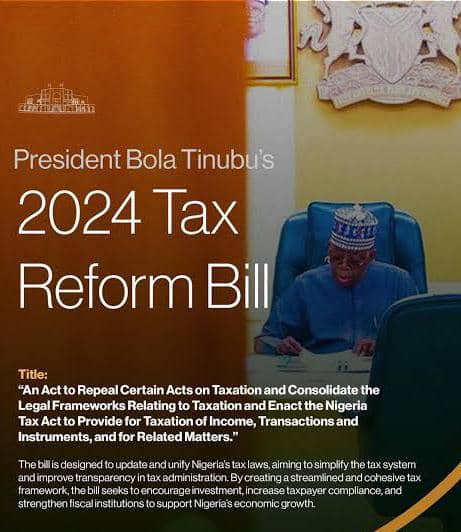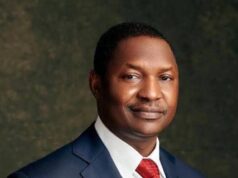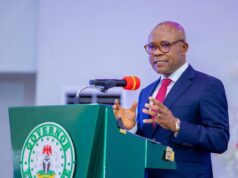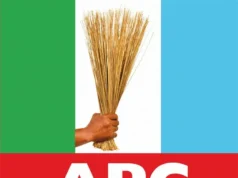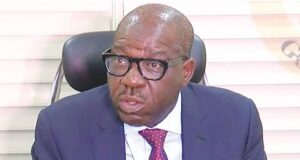Dr. Doyin Okupe, a former presidential spokesman, has described opponents of the proposed Tax Reform Bills as enemies of Nigeria, asserting that the bills are designed to benefit the poor and foster national development.
In an interview with the News Agency of Nigeria (NAN) in Lagos, Okupe emphasized that no rational individual could oppose reforms intended to safeguard the poor and tackle corruption.
“Any right-thinking human being who has had the opportunity in these last two months or so to listen and to read what the tax reforms are all about and goes against it, is an enemy of the country,” Okupe said.
He further explained that the reforms aim to ensure that the poor are not overburdened by taxes, questioning how anyone could oppose a policy that exempts the poor.
“We are saying that majority of poor people should not pay tax, how can anybody be against that?” he asked.
The reforms, according to Okupe, also propose fairer tax structures for companies, saying they will no longer be taxed arbitrarily.
“These reform bills are saying that companies that are not making money cannot be taxed arbitrarily. Their taxation will be based on revenue that they have generated and profit that made, not on turnover.”
He also highlighted a key aspect of the reform, stating that companies with a turnover below 50 million are exempt from taxes, and questioned anyone who would oppose this.
“If your turnover is below 50 million, you are exempted, should anyone oppose this?” he said, stressing that passing these bills would help curb corruption in the country.
On the Northern opposition to the Tax Reform Bills before the National Assembly, Okupe dismissed their concerns as unjustifiable.
He pointed out that Nigeria’s reliance on oil revenue, rather than taxation, has been unsustainable.
“Nigeria’s democracy has been based on oil and not on taxation, which is not sustainable, hence the need for a reform,” he stated, arguing that taxes should be the primary source of revenue for any government.
“Go and look at all countries in the world, the major source of revenue for government is taxation, but we don’t consider tax as an issue because we just take the oil, and then look at what are we going to get in the next 12 months for budget,” he added.
Okupe also commended the efforts of the First Inland Revenue Service (FIRS), noting the strides it has made in revenue generation over the past year.
However, he expressed concern about Nigeria’s low tax-to-GDP ratio, which is among the lowest globally.
“Our tax to GDP ratio is one of the lowest in the world, and here is a country that requires immense amount of money and revenue for development,” he said, emphasizing that Nigeria’s large population and vast landmass necessitate a robust revenue generation system.
He further explained that the tax reforms are designed to ensure that those who are wealthy enough to afford taxes are the ones shouldering the burden, rather than the impoverished.
“There are young people who are making money, who go to clubs and spend N3million, N4 million and so on in a night. Those are the people that need to be taxed, not the man at the door earning N70,000 monthly,” Okupe said.
Okupe also criticized the concerns about the timing and speed of the bills, stating that issues causing significant economic damage require swift action.
“Whatever is causing economic and financial hemorrhage must be given the speed it requires,” he said, expressing confidence that the tax reforms would boost internally generated revenue for states and improve the living standards of citizens.
In conclusion, Okupe urged President Bola Tinubu to oversee all revenue-generating agencies to root out corruption and ensure that the nation benefits fully from the reforms.
He also called for the use of emerging technologies in agencies such as Customs, Immigration, Nigerian Communications Technology, Nigerian Port Authority (NPA), and NIMASA to effectively combat corruption.
“When these reforms that Bola Tinubu is introducing, when they come on-stream, corruption will go,” he added.
DAILY GAZETTE recalls that on October 3, President Tinubu requested the National Assembly to consider and pass the Tax Reform Bills, which include the Nigeria Tax Bill, Nigeria Tax Administration Bill, Nigeria Revenue Service Establishment Bill, and the Joint Revenue Board Establishment Bill.
Speaking during a presidential media chat on Monday, Tinubu reiterated that the reforms aim to “eliminate colonial-based assumptions” in Nigeria’s tax environment.


